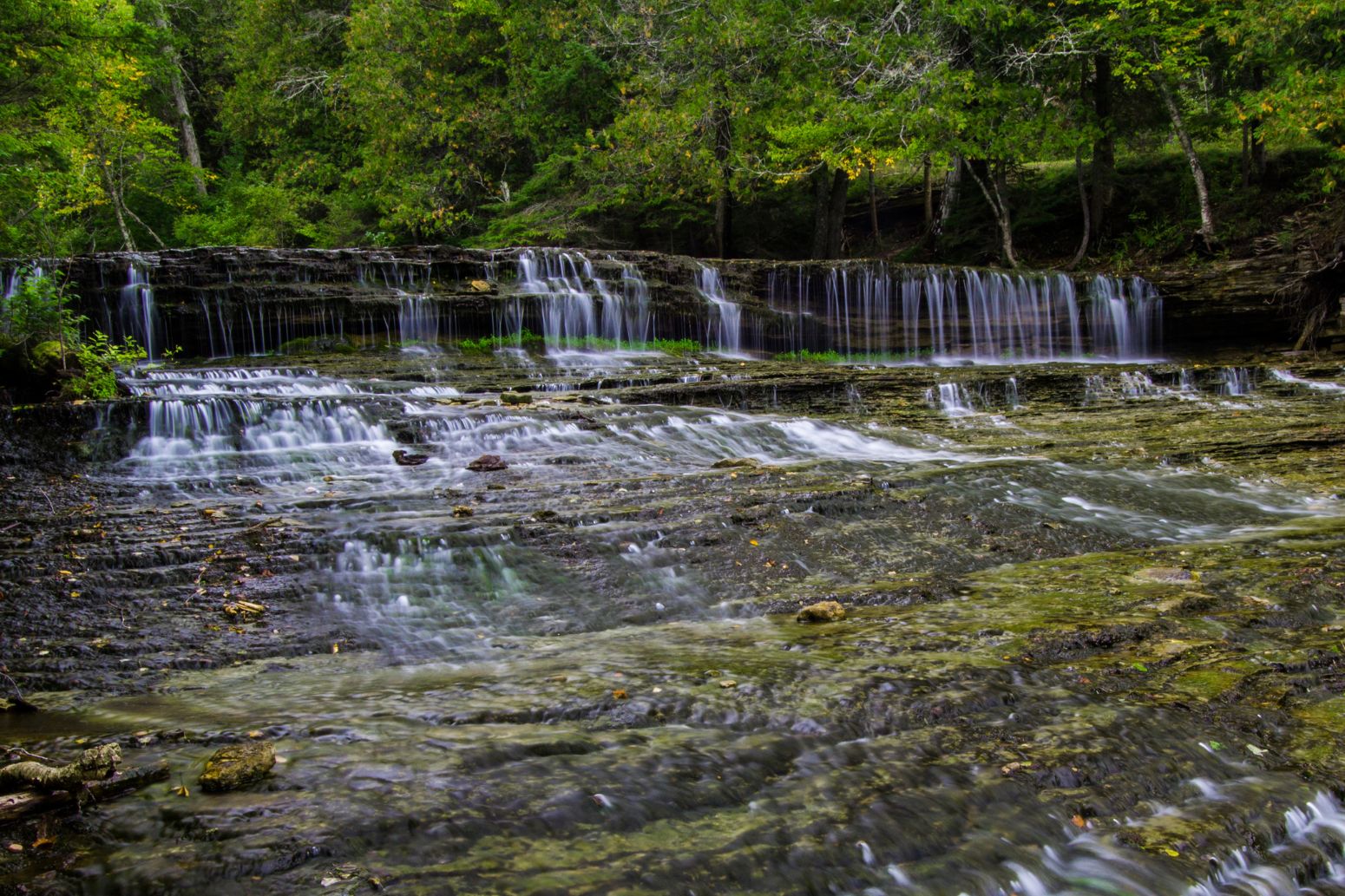
- Details
- By Native News Online Staff
The Sault Ste. Marie Tribe of Chippewa Indians last week signed a Tribal Forest Protection Act proposal with the Hiawatha National Forest.
The proposal acts as a co-stewardship agreement and includes a $364,000 investment from the U.S. Department of Agriculture to support co-stewardship activities in managing the health of remnant boreal forest ecosystems in Michigan’s Upper Peninsula, encompassing 4.7 million acres, which includes significant portions of the 879,000-acre Hiawatha National Forest.
The forests provide a wide variety of resources to various interests, including timber production and outdoor recreation. According to a statement released by the tribe, more than half of all Sault Tribe members’ hunting and gathering activity takes place on the Hiawatha and Huron-Manistee National Forests, with members harvesting a variety of species, including big game, small game, waterfowl, furbearers, and medicinal plants and mushrooms.
These competing interests for the forests require that they are managed carefully, the tribe said.
“Our ancestors have lived on these lands for thousands of years, so we’re glad to be able to combine generations of traditional local knowledge with forestry management science,” Sault Tribe Chairman Austin Lowes said in a statement.
Lowes said the Tribe hopes the partnership with Hiawatha National Forest will result in a new management model that utilizes Western science while engaging centuries-old Anishinaabe knowledge frameworks.
Under the new proposal, the Sault Tribe Wildlife Department will lead the planning and monitoring of prescribed fires and other forestry management projects to build resistance in the ecosystem. The USFS will then implement the plans.
“This approved proposal is really a codification of more than a decade of collaborative work between our tribe’s wildlife program and the Hiawatha National Forest,” said Lowes. “Our goal is to ensure that the forest is not only here for the next generation but the next seven generations.”
The Tribal Forest Protection Act was signed into law in 2004 and authorizes the Secretaries of Agriculture and Interior to give special consideration to tribally-proposed Stewardship Contracting or other projects on Forest Service or BLM land bordering or adjacent to Indian trust land to protect tribal resources from fire, disease
or other threats.
This USDA investment brings the total funding the Tribe has received to more than $2 million in the last ten years to support collaborative work to understand remnant boreal forest ecology in the Upper Peninsula. Other projects have included research and management of species like the gray wolf, ruffed grouse, snowshoe hare and marten, as well as understanding how prescribed fire and silviculture can be used to build resilience in these important ecosystems.
“Many of these projects will tackle our most pressing issues, including climate change and the wildfire crisis while creating job opportunities for tribal members with the benefit of incorporating indigenous knowledge into ecological restoration activities,” said Agriculture Secretary Tom Vilsack when announcing the recent investment.
More Stories Like This
Public Wants Indigenous Knowledge to Manage Bears Ears National MonumentSeldovia Village Tribe Becomes First in Alaska to Get Tsunami Preparedness Certification
DOI Announces $120 Million Funding Opportunity for Tribal Climate Resilience
Seneca Nation Sues City for More than 450,000 Gallons of Wastewater Overflow
Department of Interior Rejects Ambler Access Project in Alaska
Join us in observing 100 years of Native American citizenship. On June 2, 1924, President Calvin Coolidge signed the Indian Citizenship Act, granting Native Americans US citizenship, a pivotal moment in their quest for equality. This year marks its centennial, inspiring our special project, "Heritage Unbound: Native American Citizenship at 100," observing their journey with stories of resilience, struggle, and triumph. Your donations fuel initiatives like these, ensuring our coverage and projects honoring Native American heritage thrive. Your donations fuel initiatives like these, ensuring our coverage and projects honoring Native American heritage thrive.

